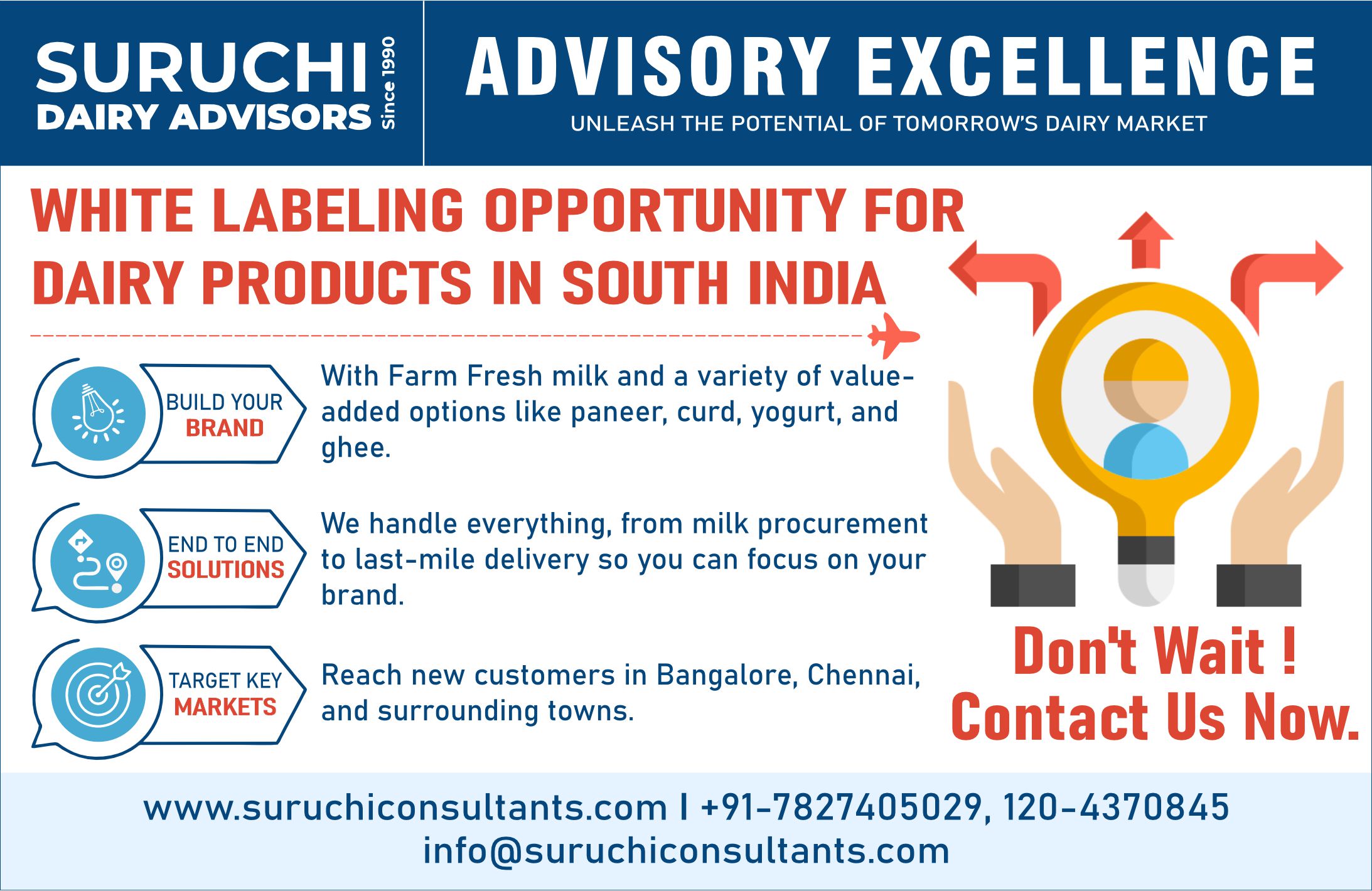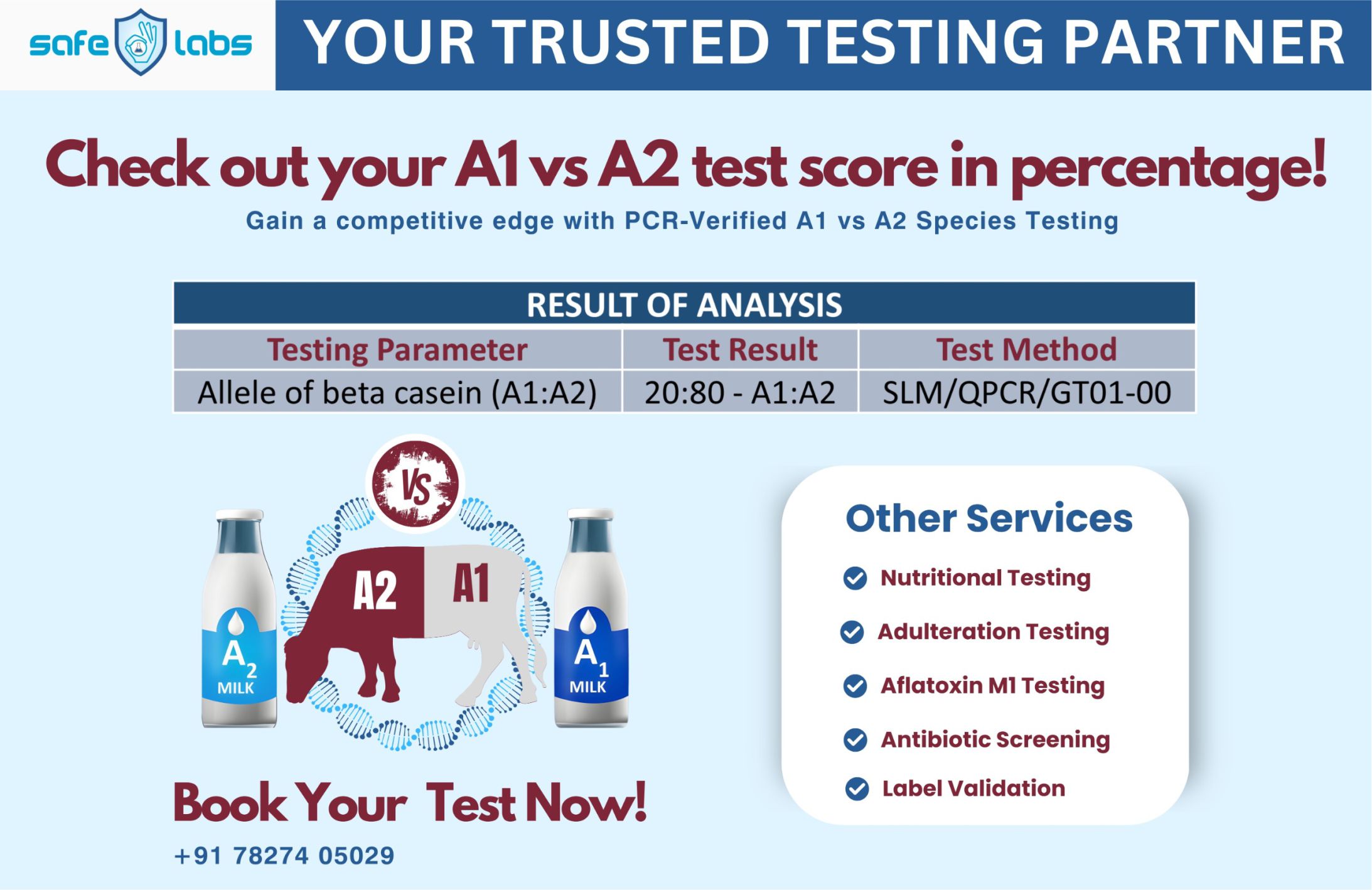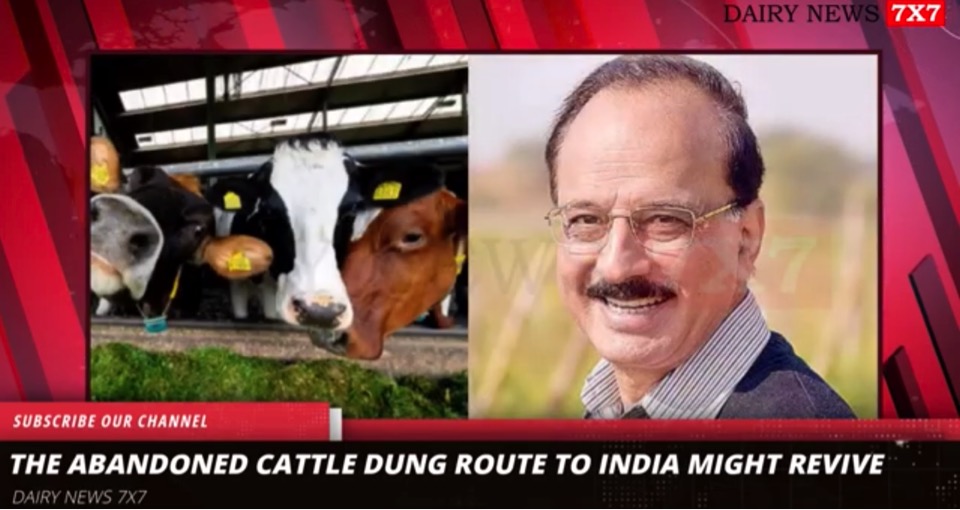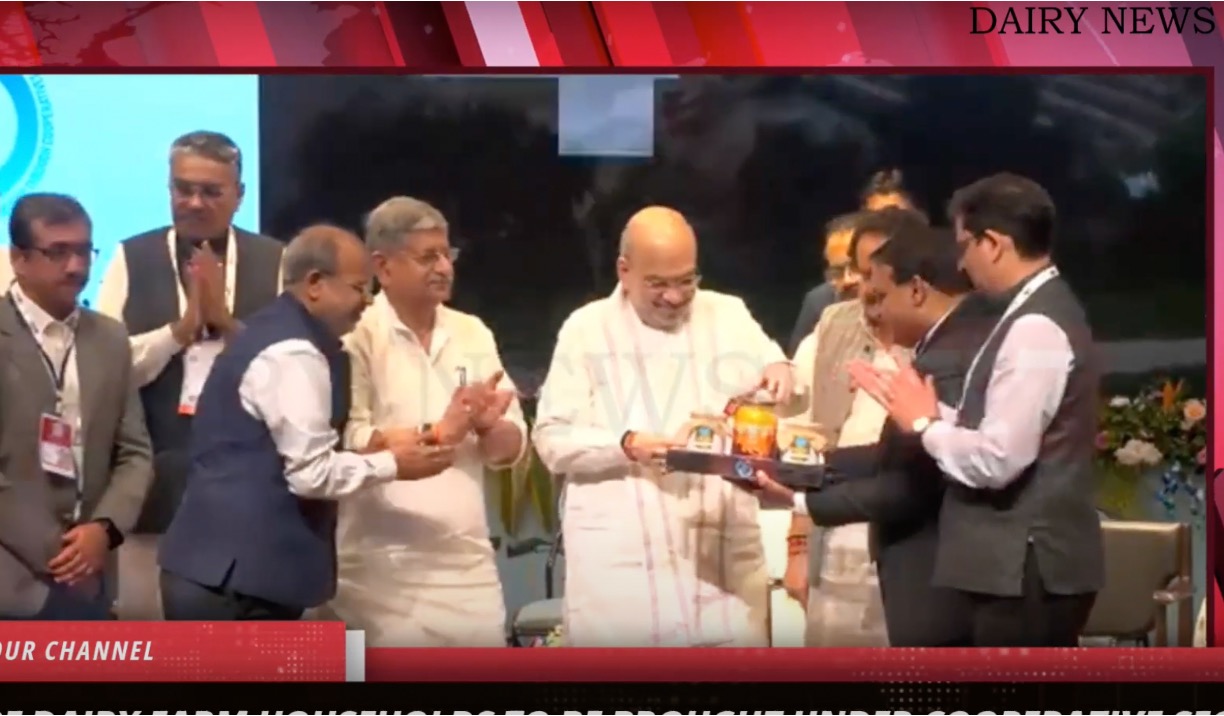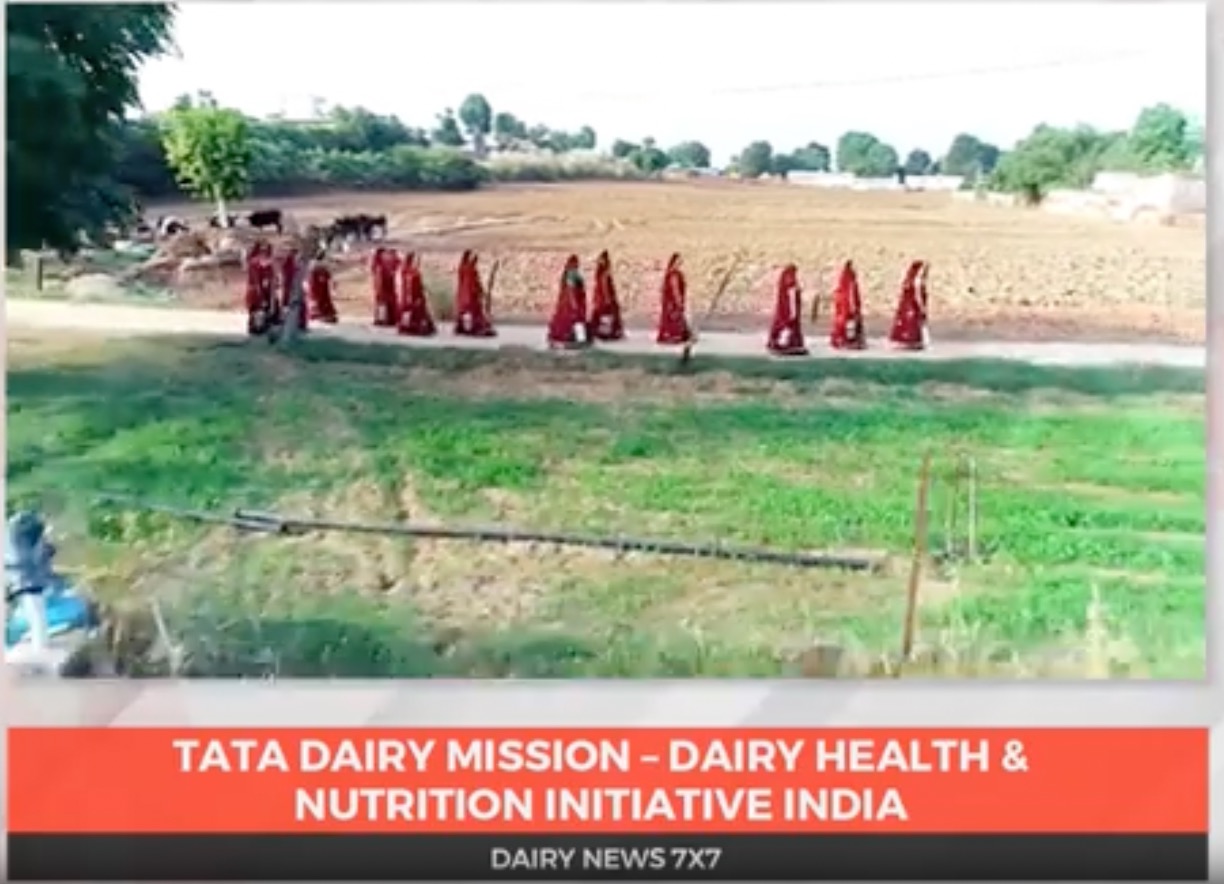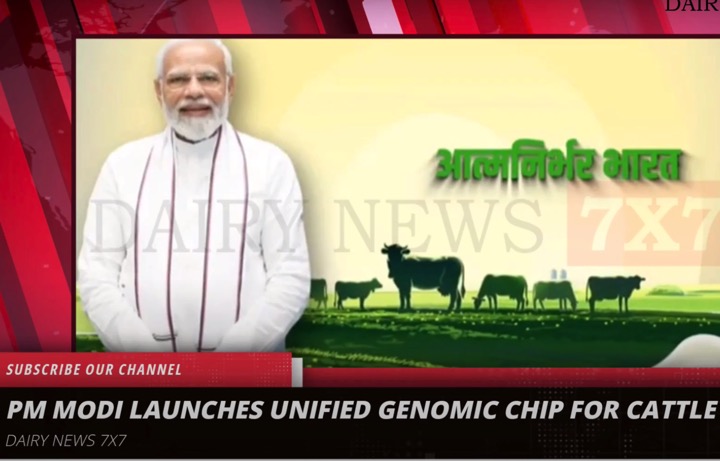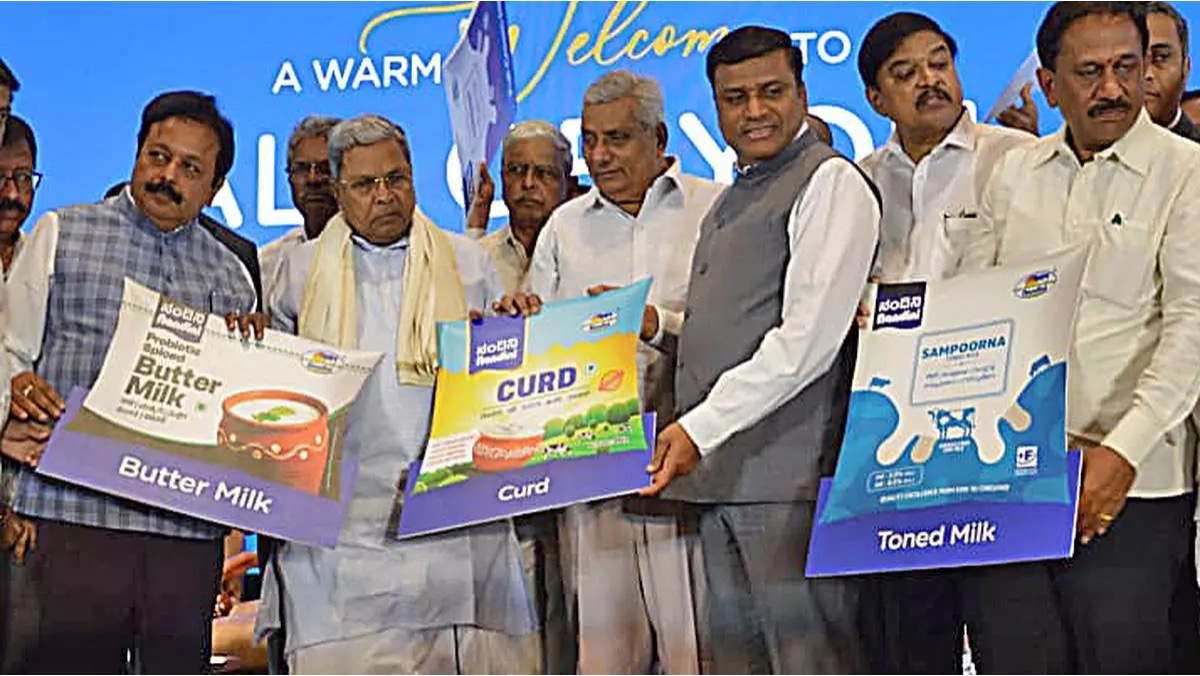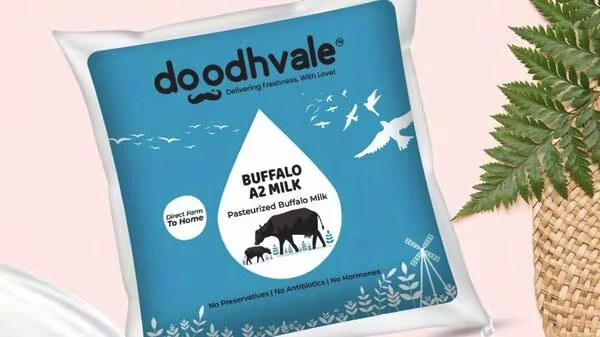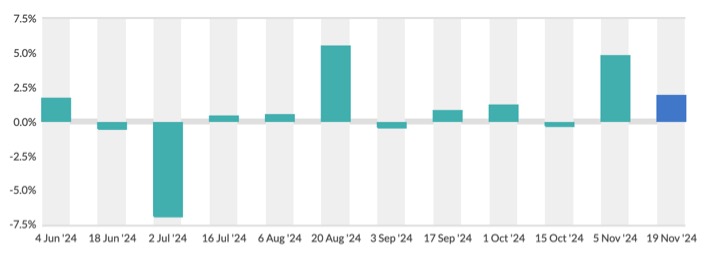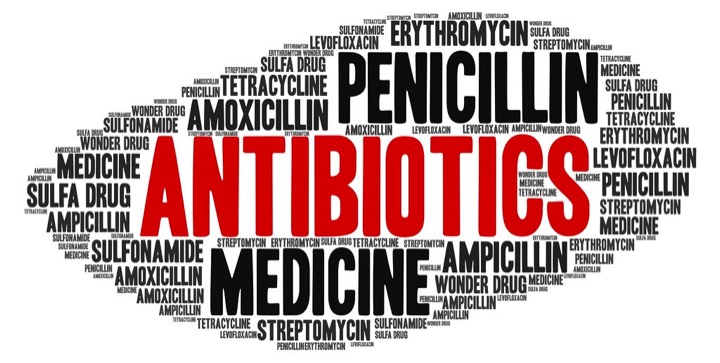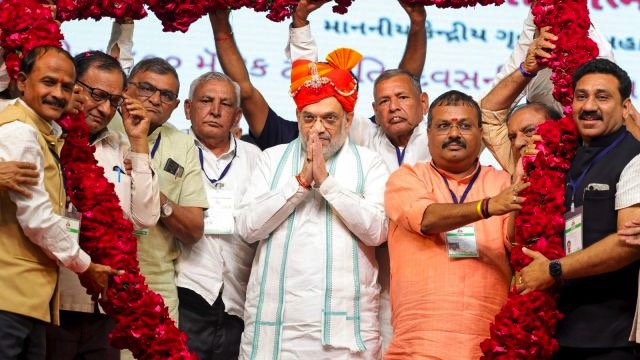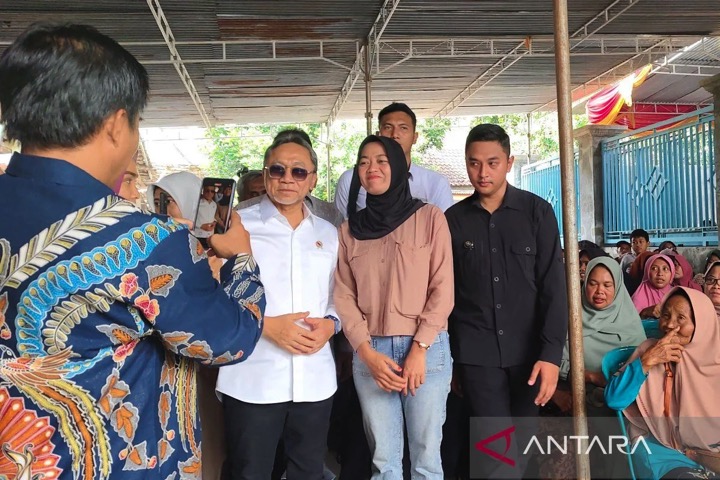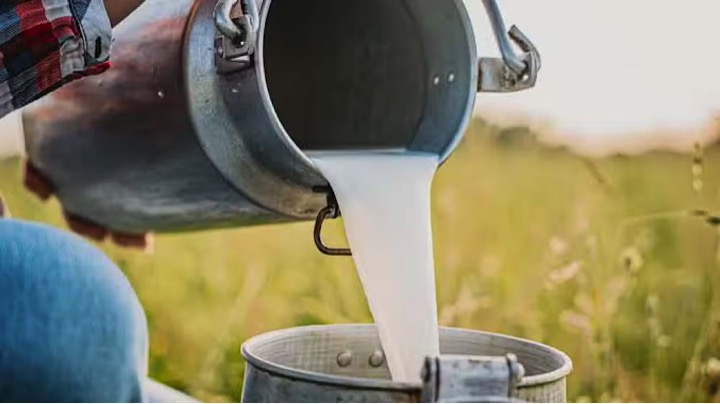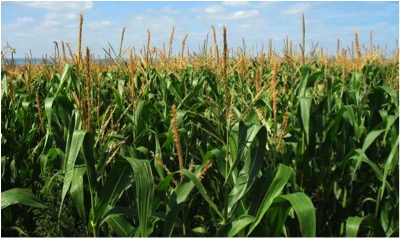mooON was highlighted as a key tool in the recently released United Nations Environment Programme (UNEP) CCAC-TEAP report on Digital Extension Services for Livestock (DSL) and their role in methane mitigation, which was presented at COP29.
For further details, please refer to pages 12, 13, 14, 22, 23, 24, 29, 32, and 36 of the above mentioned report. mooON is categorized under several critical areas, including animal husbandry and farm management, feed and nutrition, tracking of greenhouse gas (GHG) emissions, and traceability.
mooON is primarily a herd management software developed in India by Stellapps Technologies, but also integrates into other Stellapps Technologies products, such as AIpowered wearable pedometers that monitor cattle activity and offer locally contextualized balanced rations and streamlines critical farm tasks. It is freely available to smallholder farmers with herd sizes less than 10 cows, but the main users are dairies that provide farm extension services, government agencies, and foundations focused on monitoring and improving social and environmental impacts of dairy production systems, who then pay INR 25/cow/month for the mooON App. The mooON pedometer (ActiTrak) identifies early sickness signs and alerts when cow is in heat, and is designed for medium and large farmers, priced at INR 2,500 per cow, with a monthly subscription fee of INR 300. The mooKYC is an AI/machine-learning-based cattle identification system, currently offered to insurance companies in accurately identifying cattle using muzzle images, streamlining the insurance claim settlement process.

Muzzle identification captures the unique pattern on a cow’s nose, similar to how fingerprints work for humans. The tool’s developers are currently in the process of incorporating CH4 calculations into the herd management software. mooON can be considered as a core product, a value-added product, and as a vertical service, with a wide range of users/beneficiaries. Cooperatives and processors providing extension services use the tool to provide farmers with data-based advisory and veterinary services. Government agencies and foundations also use the tool to support smallholders for improving animal health and to assess the effects of interventions. This technology is beneficial for large farms and smallholders alike. Development of mooON required USD 2.5 million, which was partially funded by Bill and Melinda Gates Foundation36, IDH Farmfit Fund37, and various other private entities, and it requires USD 350,000 per year for maintenance, upgrades, customizations and support. Training, usage monitoring, experience sharing, and impact sharing are essential for the successful adoption of digital software in rural areas. The key features help simplify the daily work of extension field staff while enabling dairy managers to make data-driven decisions.
These models benefit cooperatives and dairy companies by providing better services for farmers and by tracking the activities of their staff members. Farmers, however, may have only limited access to their own animal data and its use (Daum et al., 2022), unless they are the direct user of DSL. In the valueadded business model, a company that sells farm equipment or services such as artificial insemination and veterinary care invests in its product catalog and develops loyalty with the farmers by improving the value of their core products. However, the DSL may not be for the public good, reflecting the need for models that provide free technologies for farmers through public investment. Making farmers the primary beneficiaries of any financial benefit from the use of their data develops and strenghtens trust among farmers and other stakeholders (Dittmer et al., 2022).



